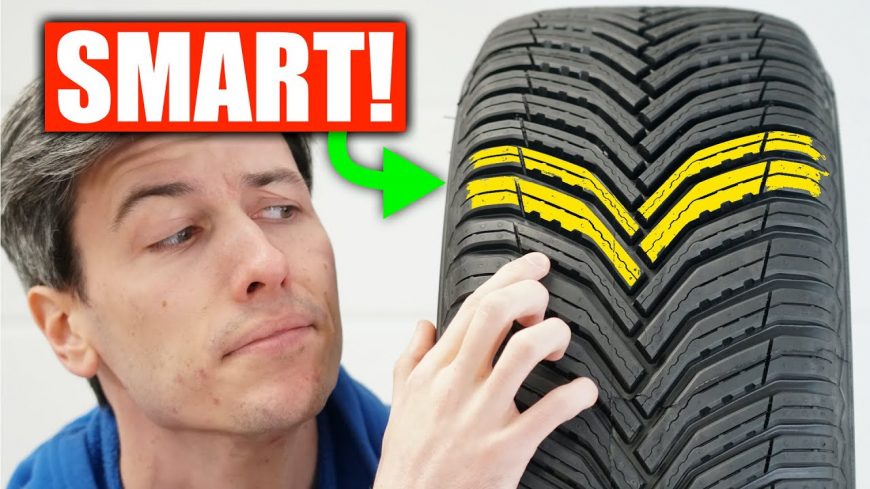Here’s What Makes the Perfect All Season Tire – It’s a Lot More Than You’d Think

If there’s one thing that we definitely take for granted, it’s a well-performing tire. At the end of the day, most of us ask a lot of our tires. It isn’t too frequently that we stop and think just how much abuse we put the rubber under our car or truck through and just how important that rubber is as well. At the end of the day, a car is only as good as the tires that it’s sitting on and without a decent set of them, things can be downright dangerous.
In theory, automotive tires should be swapped out seasonally. In other words, a decent summer tire is going to have different characteristics than a decent winter tire. Furthermore, certain tire compounds like the rubber found in winter tires is going to wear out faster. The nature of the compound is more friendly in inclement weather. However, when it comes to driving long distances, it doesn’t seem to be something that most would recommend.
However, what’s recommended and what’s practical are two entirely different things. The odds that people are going to change out their tires seasonally are probably pretty low. Instead, we would think that most motorists who face a plethora of weather conditions on a yearly basis would probably rather find one tire and just stick with it.
This time, Engineering Explained is coming at us with a little bit of a review. In this one, he takes on the Michelin CrossClimate2. The tire is advertised as one that should be able to be used all year-round, no matter what the conditions. When wear life and performance are both equally important, something like this could come in handy. This is definitely an equation that pretty much every tire company is trying to solve with each new all season product that they put out.

